Signs & symptoms of burnout, and how to recover when it becomes overwhelming.
It’s easy to get swept up in today’s busy world with the idea that we “should” constantly be doing something, all the time. We live in a society that values hard work and putting in extra hours whenever possible. What many people aren’t talking about are the negative effects this mentality can have on our lives. More and more people are experiencing burnout at an alarming rate, which affects our overall health and wellness.
The dictionary defines burnout as, fatigue, frustration, or apathy resulting in prolonged stress, overwork, or intense activity. Burnout tends to occur when you’re living a constant stress-filled life. What many people don’t realize is that burnout happens over time and if unrecognized and unattended, it can slap us in the face. How can you tell if you or someone close to you is struggling with burnout?
Early Signs of Burnout
When burnout begins, it’s easy to overlook some of the early signs. Below are some of the early stages.
• Irritability
• Inability to concentrate
• Forgetfulness
• Over-eating or under-eating
• Feelings of negativity & cynicism
• Frequent worry & exhaustion
It can be hard to decipher or determine what are early warning signs vs having a bad day or even week. If you notice these signs increasing more frequently and severely, it is important to check with yourself and your stress.If the early signs have been overlooked or not recognized, and you continue to experience chronic stress, you may be susceptible to a more serious level of burnout.
SERIOUS SIGNS OF BURNOUT
If continuous stress occurs, below are some of the more extreme signs of burnout. These signs and symptoms can cause serious health issues if ignored.
• Lower life satisfaction
• Anxiety, Depression, Anger
• Feeling isolated and detached
• Insomnia
• Physical illness (colds, headaches, etc.)
• Mental and physical exhaustion
• Lack of productivity, interest, & motivation
• Self-medicating with alcohol, or drugs
Burnout is a serious condition and happens slowly, over a long period. The consequences can be difficult and life-altering, which is why it’s important to be aware of the signs and symptoms associated with burnout.
Burnout Recovery
The good news is there are some strategies to help cope and better manage the symptoms of burnout. Burnout is widely prevalent and can be challenging to navigate, but taking care of ourselves and learning to practice self-care to avoid burnout.
Below are some ways and strategies to help cope with burnout:
• Get help from a professional
• Self care
• Set short term goals (one day at a time)
• Exercise (move our bodies)
• Put food’s in our bodies that make us happy (this doesn’t mean diet)
• Spend time in nature
• Limit technology
• Spend time with our supports
• Organize our spaces
• Set boundaries (learn to say “no”)
• Spend time with animals
• Volunteer
• Gratitude journal
• Meditation
I’d like to be clear in saying that although these can be helpful, they are not a replacement for therapy. It is important to seek help from a mental health professional if you are experiencing serious problematic symptoms.It is also important to be aware that recovering from burnout can be a slow process, happening over a long period of time (just as it manifested), so it’s important to remember to be patient and kind to yourself.
Are you struggling with burnout? Are you looking for more ways to cope and better manage the burnout? I specialize in working with people struggling with any stage of burnout. Connect with me today to learn more about how I can help you recover from burnout!


